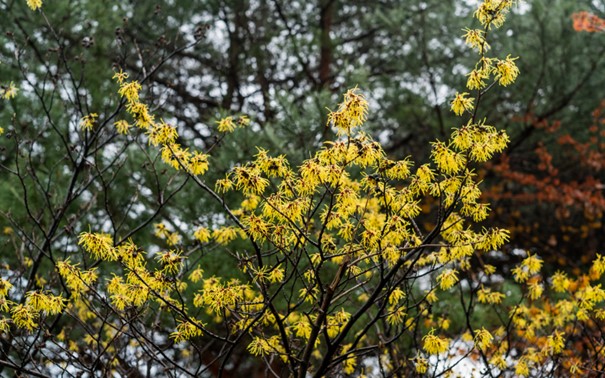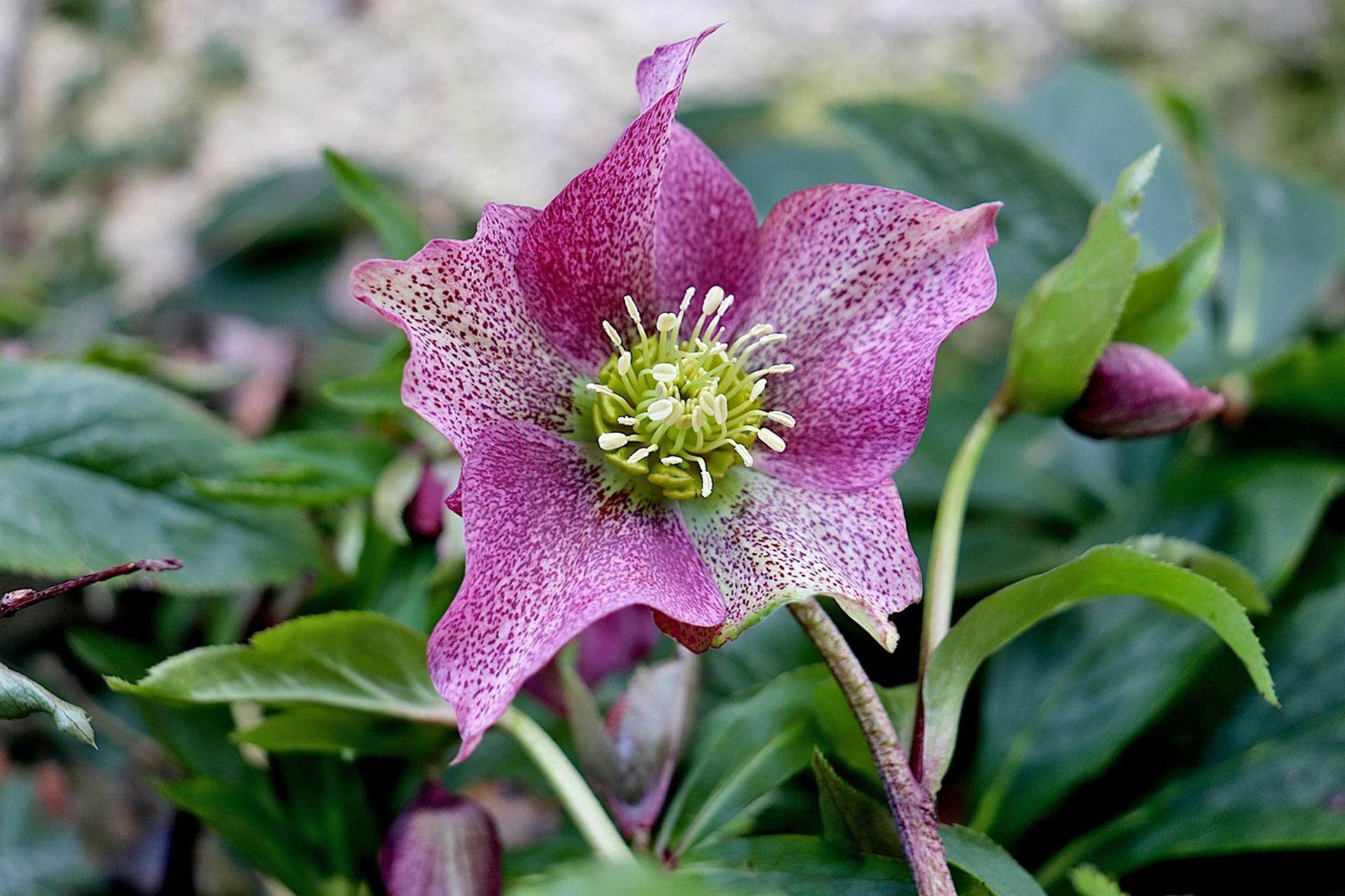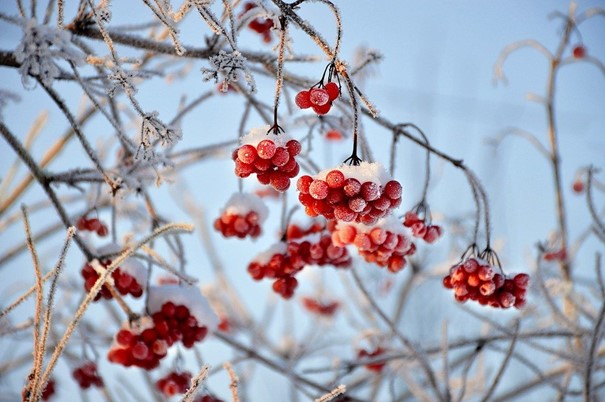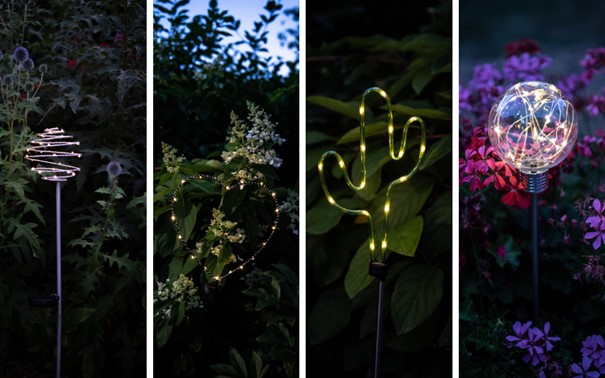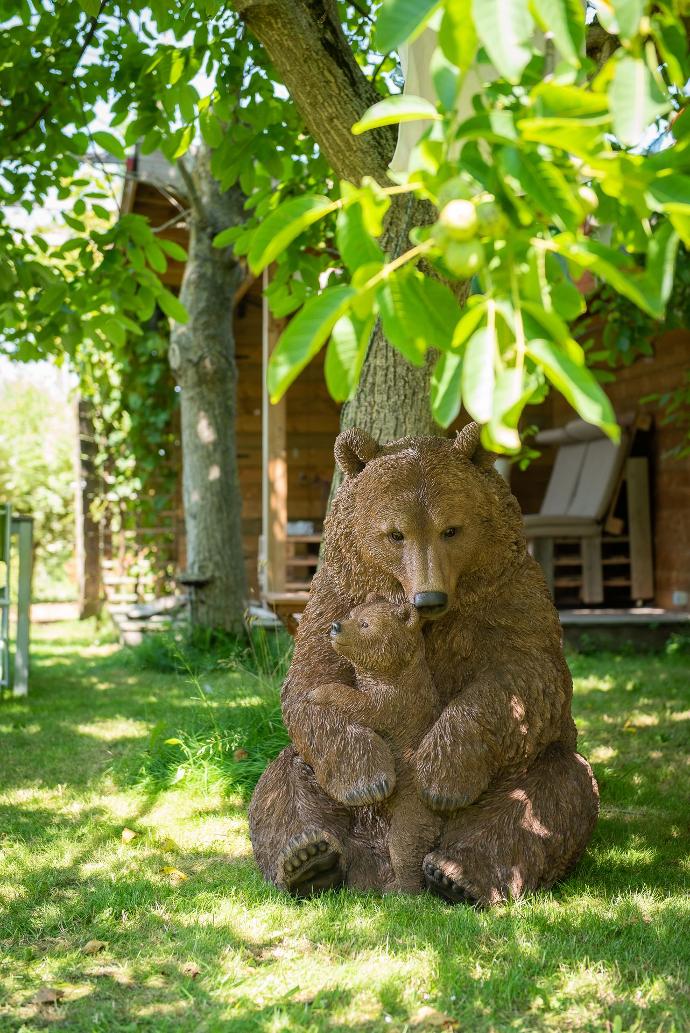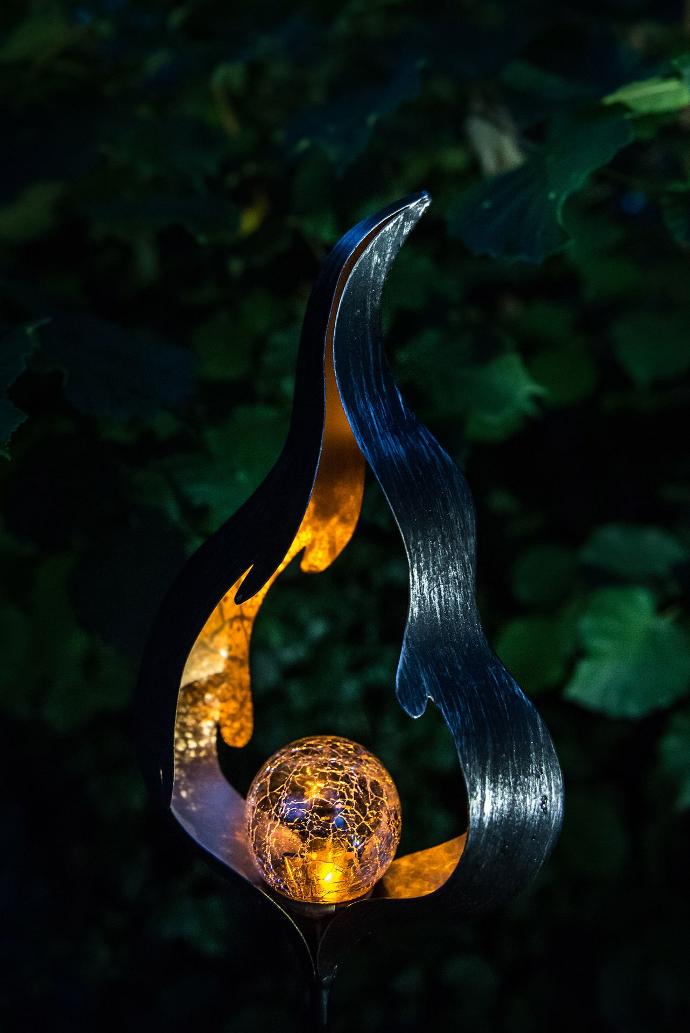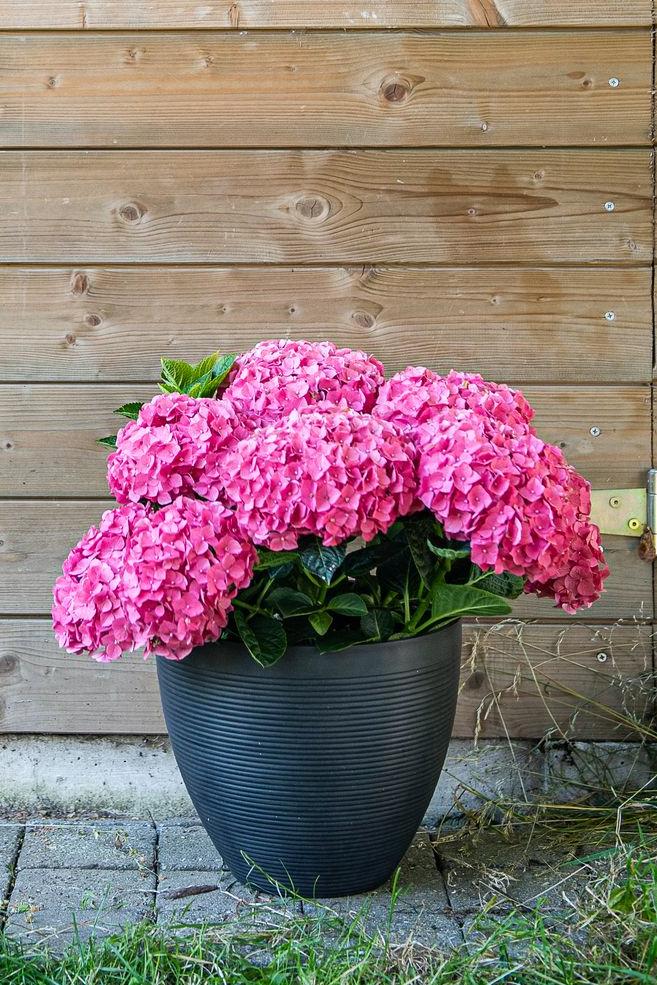As the trees bare and the flower beds fade, the garden can quickly seem sad and abandoned. But it's possible to enjoy your garden all year round, as long as you take the seasons into account when designing it.
Here are a few tips on how to get through the grey winter months in the garden, even if nature seems to be in hibernation at first glance.
Psst. a tip before you start: in winter, you look at your garden from the house. So concentrate on the "winter highlights", i.e. the areas that are visible from your windows.
Focus on color
In these dark, foggy or rainy days, it's only natural to crave color. At garden centers, you'll find brightly-colored plants that bloom in winter, or shrubs with colorful berries, some of which will delight your feathered friends.
- Camellias, cyclamen and hellebores come in different shades of pink, red and cream.
- If you like yellow, you'll love winter jasmine or witch hazel.
Planting hellebores, the stars of winter
They're almost impossible to miss. They're at home in even the smallest garden or balcony. The hellebore opens its flowers in December and keeps them until spring. Not for nothing are they known as Christmas roses.
Read also: Helleborus, the queen of winter gardens
Playing with foliage, bark and berries
Kings of winter in the garden, dogwoods come in a wide range of colors. Yellow, red or green, they light up the garden wonderfully.
Shrubs with small berries also work wonders. Here too, there are all kinds and colors to choose from. Potted myrtle, for example, is a must for the winter months. Its small white, red, purple or pink berries can last from September to January.
Multiplying light points
Whether photophores, lanterns, string lights or fire pans, in winter the garden needs small sources of light. Everything looks enchanted when illuminated corners light up the garden.
Arranging decorative elements
Place decorative elements everywhere. Pots, pine cones, moss, red apples, bowls, lanterns, candle holders, driftwood, beautiful stones, balls, shells, little fir trees... There are no limits to the imagination.
Provide shelter for birds
Finally, don't forget your feathered friends. Choose a pretty nesting box or decorative feeder. It's sure to be an eye-catcher and a magnet for neighboring birds.
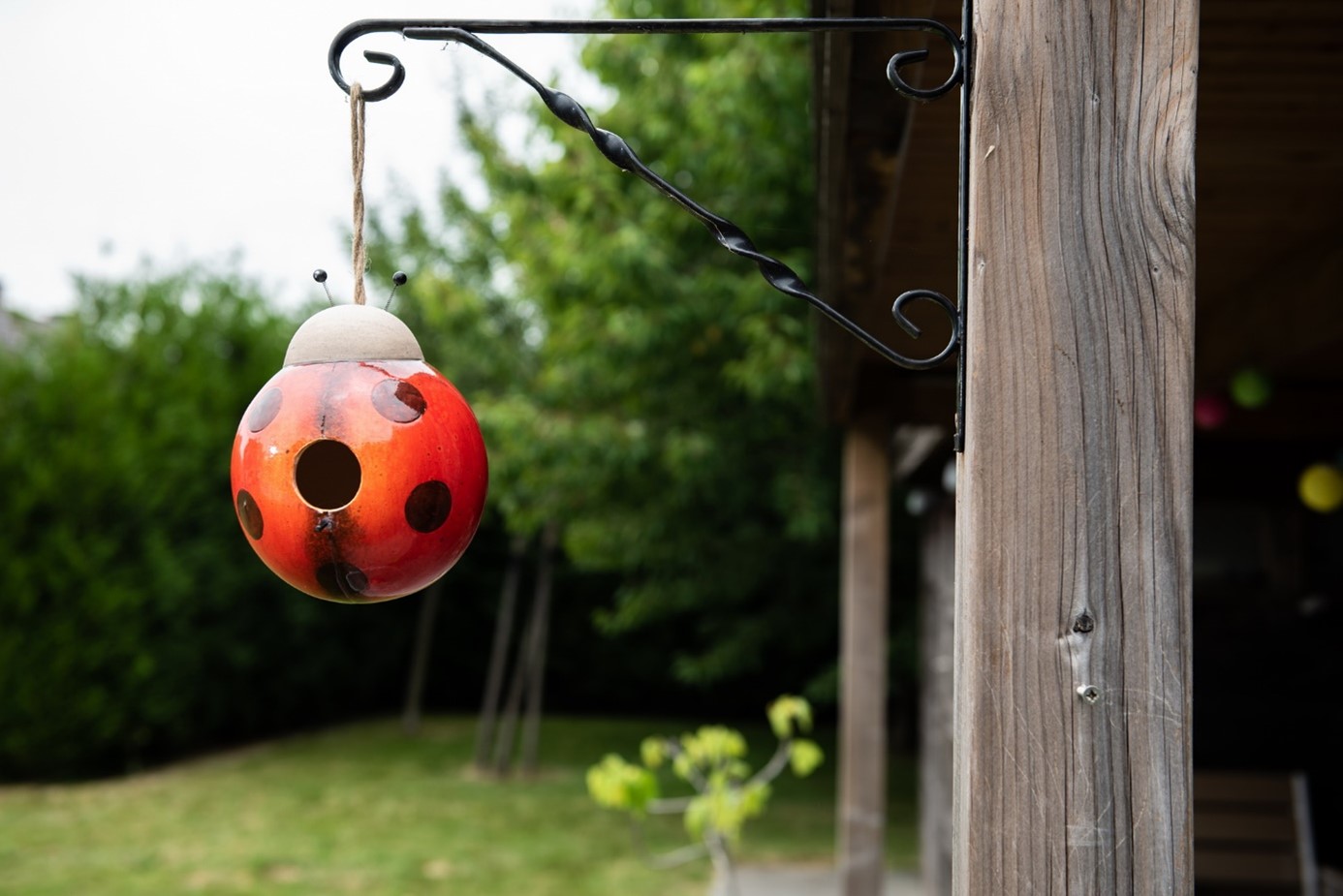
Browse the collection

